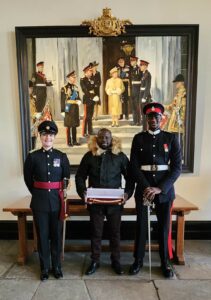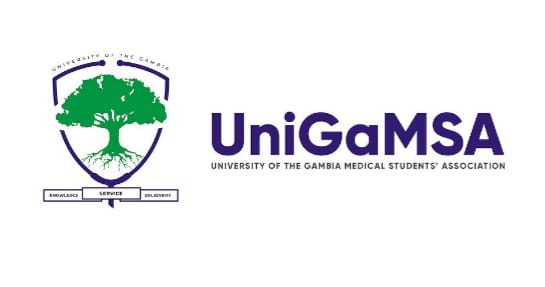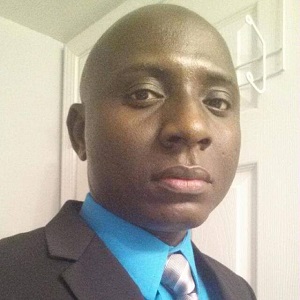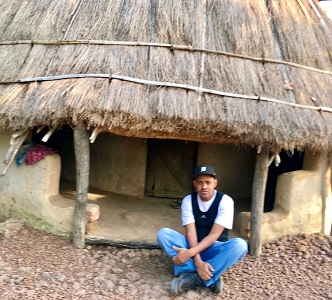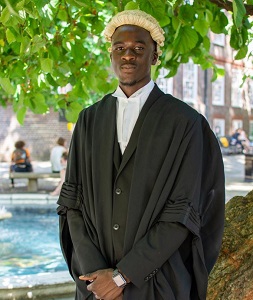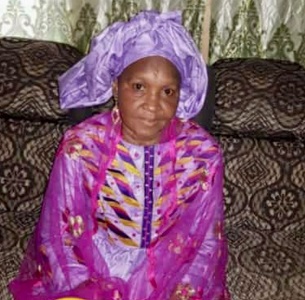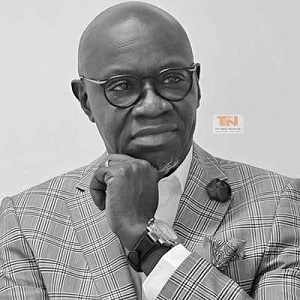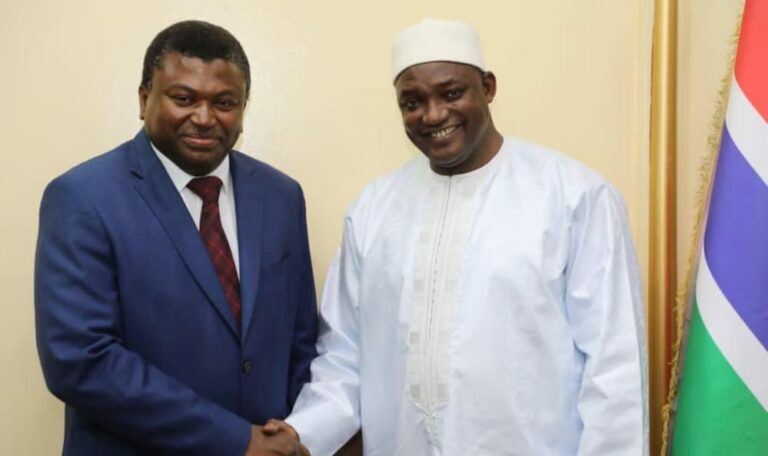By: Madi Jobarteh
The situation surrounding the so-called coup attempt announced by the Government and the illegal arrest of Momodou Sabally should be taken with utmost seriousness by citizens in order to prevent the increasing abuse of the rule of law and human rights in this country. A coup is a significant event both in conception and execution as it aims to subvert the will of the people. Hence if there is an attempted coup, there is every need for all citizens to be alert and the Government should take it quite seriously. Similarly, all citizens must be hugely concerned when a person is illegally arrested and detained by state authorities.
It has been more than 48 hours now since the Government announced a so-called coup attempt. Yet all that the Government could provide to citizens is a list of few names and mostly incomplete names. This does not show that the Government is taking this matter with seriousness. The Gambia Armed Force is a statutory body in which each and every serving man and woman is documented. Hence the idea of providing half names cannot arise. Therefore, citizens must be concerned about the quality of information that the Government is providing which only serves to cast doubt on the veracity of the Government information.
Since this so-called coup attempt was announced, citizens have not seen any troop movements to indicate an abnormal situation as befits a coup. There has been no announcement of a curfew and no special checkpoints to indicate any imminent subversive activities. Rather both the Government and citizens continue with business and life as usual. Therefore, what kind of coup attempt is? Is this coup true or false?
Similarly, the arrest of Momodou Sabally for a video commentary that he will take the Government before the local government elections is unjustified and illegal. The comments by Sabally come within his right to freedom of expression and political participation. As a politician and a leader of a registered political party, he has the right to speak in terms of taking over the Government. The objective of every political party is to take State power. Therefore, Sabally’s comments are within his rights as a citizen and a politician who is engaged in democratic political discourse.
If Sabally had been found to mobilize weapons or called for incitement to violence or ask citizens to illegally overthrow the Government, then there is justifiable reason to question him. But Sabally never made such comments hence it is utterly unconstitutional, illegal and tyrannical to clampdown on him for the comments he made. The IGP must be told to not involve himself to stifle the political activities of political parties and citizens.
Furthermore, Sabally’s continued detention is totally unjustified. Sabally is not armed, nor does he have a group of armed militias waiting for him. Hence even if the police feel concerned about his comments, it does not still warrant for his continued detention. Sabally should not have spent the night in a police cell and much more to be denied to see his family and lawyers at any time. The IGP is merely intimidating Momodou Sabally, and by extension frightening all politicians and citizens. The IGP is not the guardian of political discourse. We must not allow the IGP to concoct trumped up charges against an innocent citizen only to damage all of our rights and freedoms.
Therefore, all citizens must demand that Sabally be released immediately, unconditionally and offered an unreserved apology by the IGP for this gross violation of his rights, while he reserves the right to sue the IGP for illegal arrest and detention. Citizens must not brush aside this illegal detention simply because this misconduct by the IGP goes to the very heart of our rights and security as citizens in this country. Every citizen has a right to express himself or herself about the President and the Government in terms that one can consider to be unpleasant and silly. But this is no reason for the IGP to prance on citizens.
Similarly, the Government must come out to tell Gambians the true story about this so-called coup. I have huge reservations about this coup because of the decisions, words and actions of the Government so far. Citizens need to know what the Government knows about the motives, objectives and plans of these so-called coupists. But if the Government cannot even identify the full names of officers of the Gambia Armed Forces, one wonders how true is this coup?
Citizens must not let another Government play with our minds and scare us into submission. We are well aware how Tinpot Dictator Yaya Jammeh used to announce fake coups only to clampdown on perceived enemies, political opponents, journalists, business people and ordinary citizens. He had used fake coups to infringe on rights and plunder public resources while entrenching himself in power. This kind of malpractice must not be allowed to happen ever again.
Citizens must tell Pres. Barrow that Gambians will not ever allow such schemes and violations to happen ever again. Release Momodou Sabally now and inform the public about the full information about this so-called coup. I wish to call on all political parties to stand up and speak out against the infringement on Momodou Sabally’s rights bearing in mind that if it could be done to Sabally today, so could it happen to other politicians another day soon. Already we have witnessed the infringements on Dr. Ismaila Ceesay in 2018, and against other politicians and citizens like myself in 2020.
Stand up for the rule of law and human rights! Now.
For The Gambia, Our Homeland






